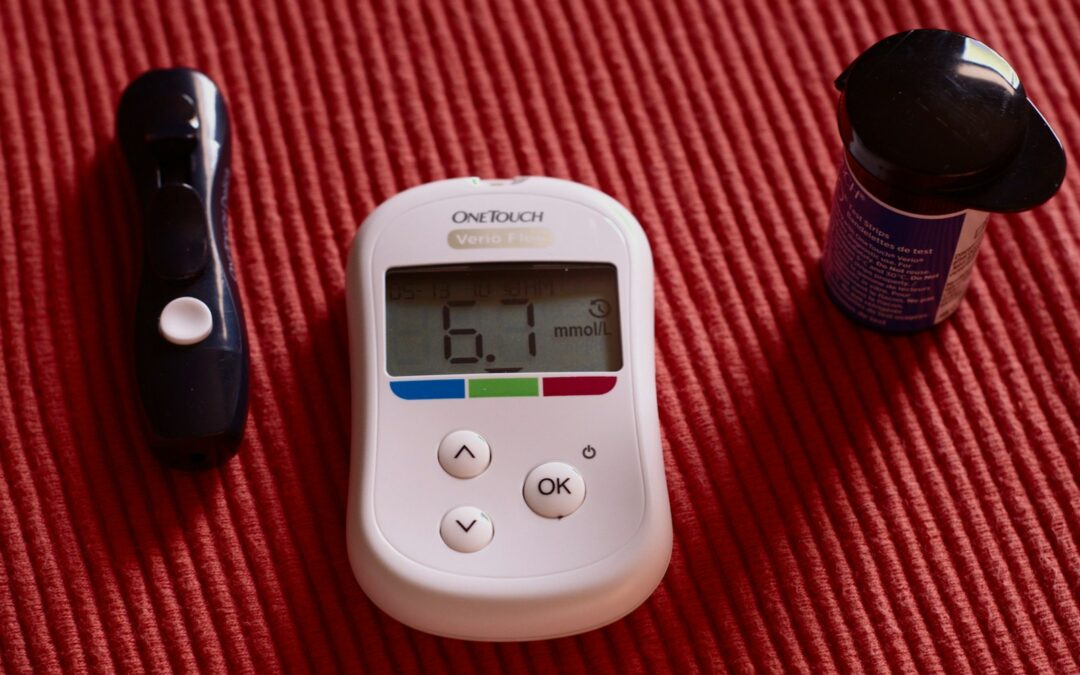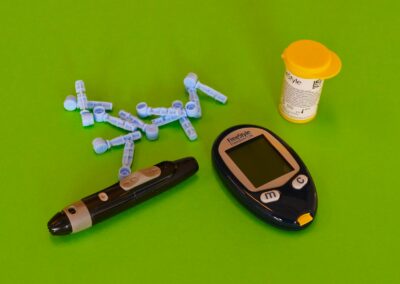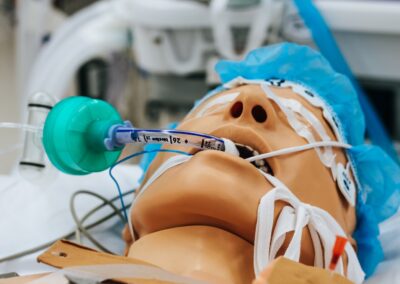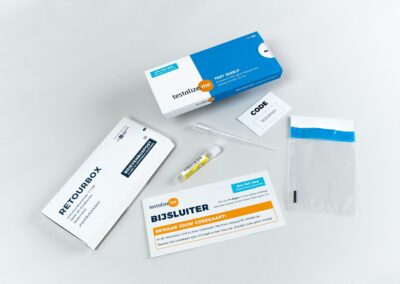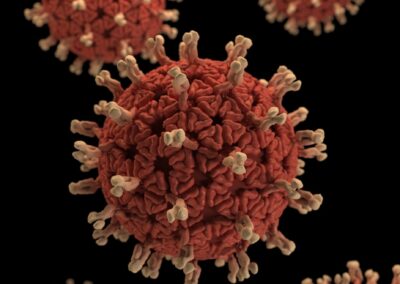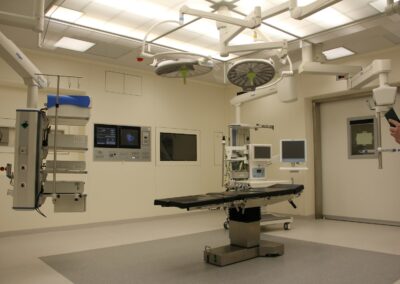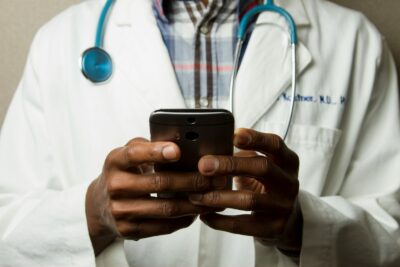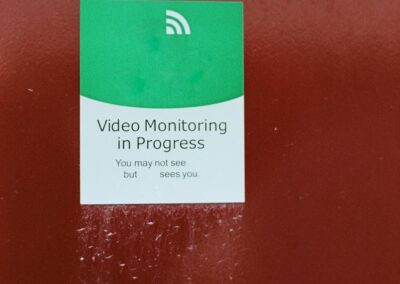Transforming Diabetes Management with Digital Twins
Revolutionizing Healthcare with Real-Time Monitoring
Digital twins, virtual replicas of physical entities, are transforming healthcare by enabling real-time monitoring and personalized treatment plans, especially for chronic conditions like diabetes. These digital models can continuously track vital health metrics, providing a comprehensive view of an individual’s health status. In countries like Saudi Arabia and the UAE, where diabetes prevalence is significant, leveraging digital twins can lead to improved healthcare outcomes and enhanced quality of life for patients.
Digital twins monitor glucose levels, physical activity, dietary intake, and medication adherence in real-time. This continuous data flow allows healthcare providers to detect anomalies, predict potential health risks, and intervene promptly. The integration of artificial intelligence (AI) and machine learning with digital twins enhances their predictive capabilities, enabling personalized and timely interventions that can prevent complications and improve disease management.
Moreover, digital twins facilitate remote monitoring, reducing the need for frequent hospital visits and allowing patients to manage their condition from the comfort of their homes. This is particularly beneficial in regions like Riyadh and Dubai, where healthcare infrastructure is advanced, but the population density necessitates efficient and scalable healthcare solutions.
Personalized Treatment Plans for Optimal Health Outcomes
One of the most significant advantages of digital twins in diabetes management is the ability to create personalized treatment plans. Each individual’s response to diabetes treatment can vary, making a one-size-fits-all approach less effective. Digital twins use data from continuous monitoring to tailor treatment plans that suit the unique needs of each patient. This personalized approach can significantly enhance treatment efficacy and patient satisfaction.
In the UAE and Saudi Arabia, where modern technology and healthcare innovation are prioritized, digital twins can be integrated into the healthcare system to offer customized care solutions. These digital models can adjust insulin dosages, recommend dietary changes, and suggest exercise routines based on real-time data and predictive analytics. By continuously adapting to the patient’s changing health status, digital twins ensure that the treatment plan remains effective and relevant.
Furthermore, digital twins can simulate various treatment scenarios, allowing healthcare providers to test and refine treatment strategies before implementing them. This proactive approach reduces the risk of adverse effects and enhances the overall safety and effectiveness of diabetes management.
Enhancing Patient Engagement and Self-Management
Effective diabetes management requires active patient engagement and self-management. Digital twins empower patients by providing them with detailed insights into their health status and progress. With access to real-time data and predictive analytics, patients can make informed decisions about their lifestyle, diet, and medication. This increased awareness and involvement can lead to better adherence to treatment plans and improved health outcomes.
In regions like Riyadh and Dubai, where digital literacy is high and technology adoption is widespread, digital twins can play a crucial role in fostering patient engagement. Mobile applications and wearable devices integrated with digital twins can provide patients with user-friendly interfaces to track their health metrics, set reminders for medication, and receive personalized health tips. This seamless integration of technology into daily life makes diabetes management more accessible and less burdensome.
Moreover, digital twins can facilitate communication between patients and healthcare providers. By sharing real-time data with their doctors, patients can receive timely feedback and support, enhancing the overall quality of care. This continuous interaction and collaboration between patients and healthcare providers create a more dynamic and responsive healthcare system, capable of addressing the complexities of diabetes management effectively.
Conclusion: Embracing Digital Twins for Diabetes Management
The integration of digital twins into diabetes management represents a significant advancement in healthcare technology. By enabling real-time monitoring, personalized treatment plans, and enhanced patient engagement, digital twins offer a comprehensive solution to the challenges of managing diabetes. As countries like Saudi Arabia and the UAE continue to embrace innovative healthcare solutions, the potential benefits of digital twins in diabetes management are immense.
Digital twins provide continuous and personalized health monitoring, ensuring that patients receive timely and effective care. By creating customized treatment plans and empowering patients to take an active role in their health, digital twins enhance the overall quality of diabetes management. Moreover, the integration of AI and predictive analytics with digital twins offers a proactive approach to healthcare, preventing complications and improving patient outcomes.
In conclusion, the adoption of digital twins in diabetes management is not just a technological advancement but a crucial step towards a more effective and patient-centric healthcare system. By investing in digital twins, healthcare providers can ensure that diabetes patients receive the highest standards of care, enhancing their quality of life and promoting better health outcomes. The future of diabetes management lies in the seamless integration of digital twins and smart technologies, paving the way for a new era of personalized and proactive healthcare.
—
#DigitalTwins #DiabetesManagement #PersonalizedTreatment #RealTimeMonitoring #HealthcareTechnology #SaudiArabia #UAE #Riyadh #Dubai #ArtificialIntelligence #BusinessSuccess #LeadershipAndManagement #ProjectManagement

